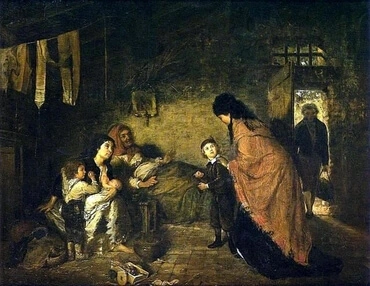1
Set the trumpet to thy mouth. [He cometh] as an eagle against the house of Jehovah, because they have transgressed my covenant, and rebelled against my law.
2
They shall cry unto me, My God, we know thee; [we], Israel.
3
Israel hath cast off good: the enemy shall pursue him.
4
They have set up kings, but not by me; they have made princes, and I knew it not; of their silver and their gold have they made them idols, that they may be cut off.
5
Thy calf, O Samaria, hath cast [thee] off; mine anger is kindled against them: how long will they be incapable of purity?
6
For from Israel is this also: -- a workman made it, and it is no God: for the calf of Samaria shall be [broken in] pieces.
7
For they have sown the wind, and they shall reap the whirlwind: it hath no stalk; should it sprout, it would yield no meal; if so be it yield, strangers shall swallow it up.
8
Israel is swallowed up: now are they become among the nations as a vessel wherein is no pleasure.
9
For they are gone up [to] Assyria [as] a wild ass alone by himself: Ephraim hath hired lovers.
10
Although they hire among the nations, now will I gather them, and they shall begin to be straitened under the burden of the king of princes.
11
Because Ephraim hath multiplied altars to sin, altars shall be unto him to sin.
12
I have prescribed unto him the manifold things of my law: they are counted [as] a strange thing.
13
They sacrifice flesh [for] the sacrifices of mine offerings, and eat it; Jehovah hath no delight in them. Now will he remember their iniquity, and visit their sins: they shall return to Egypt.
14
For Israel hath forgotten his Maker, and buildeth temples; and Judah hath multiplied fenced cities: but I will send a fire upon his cities, and it shall devour the palaces thereof.







